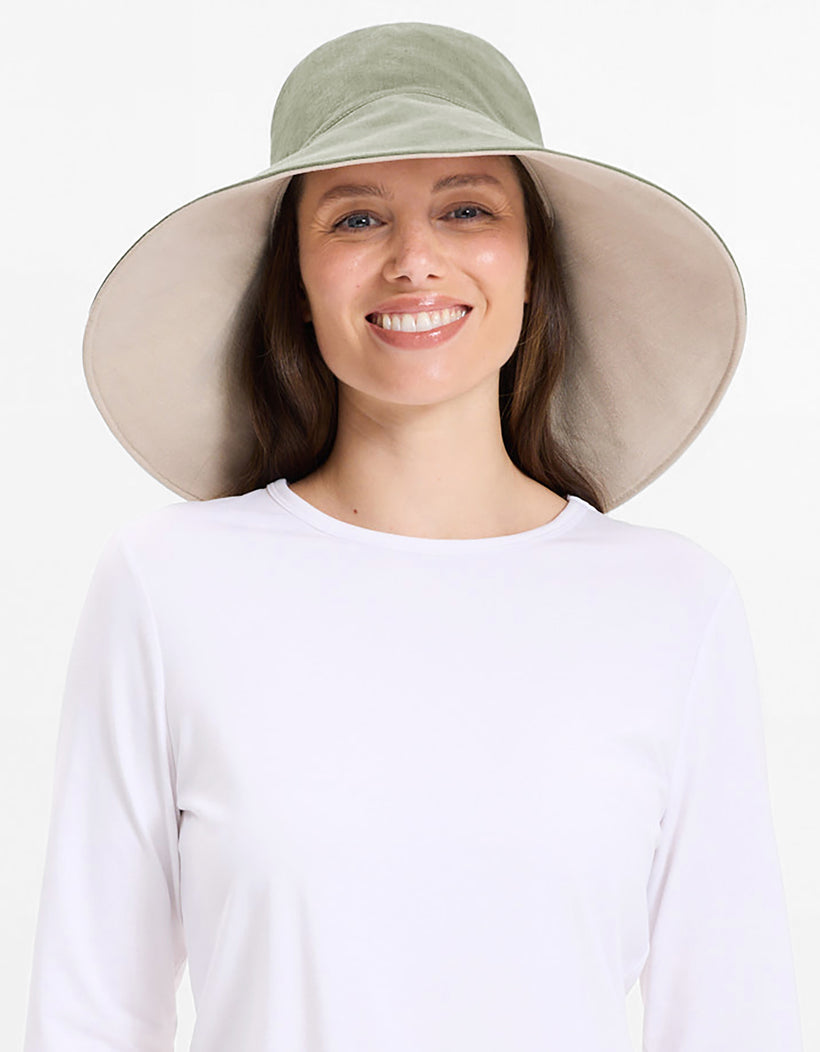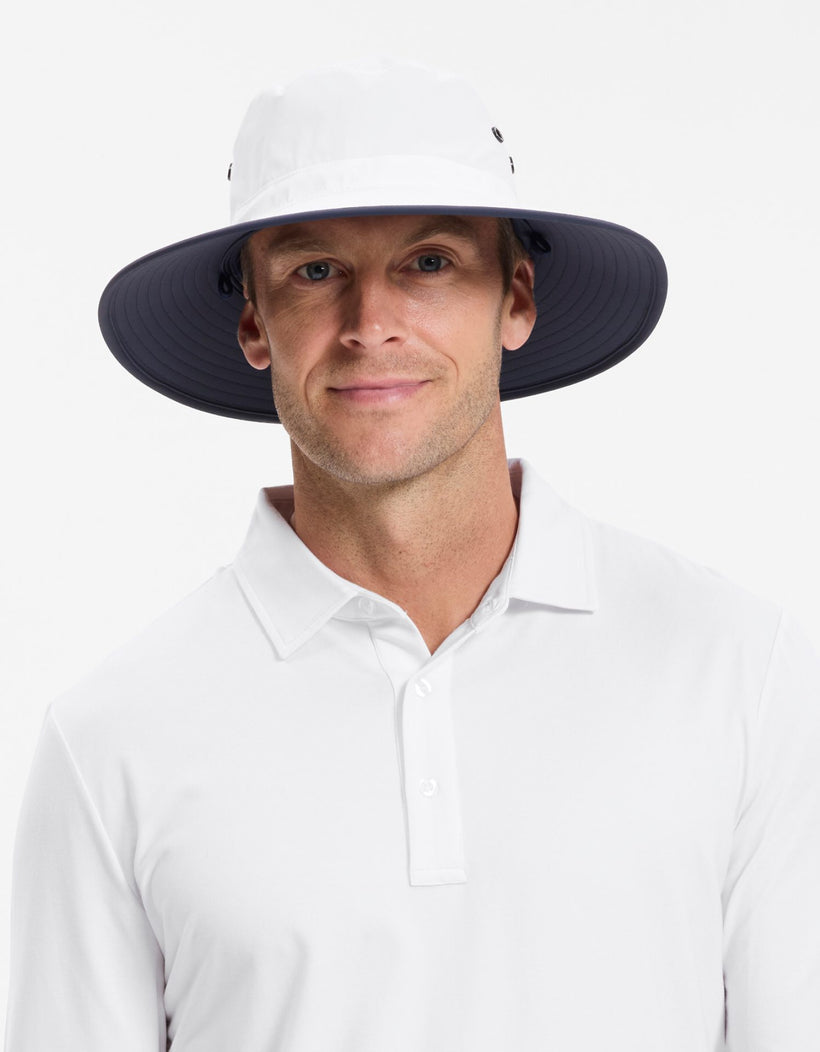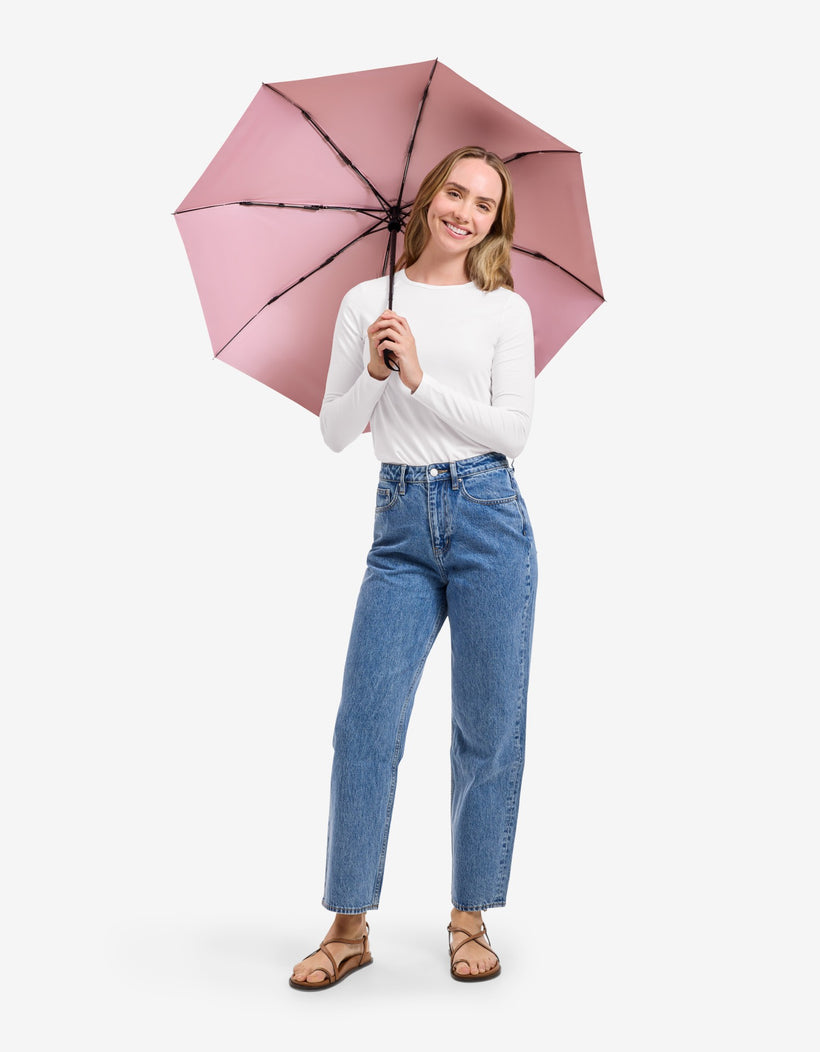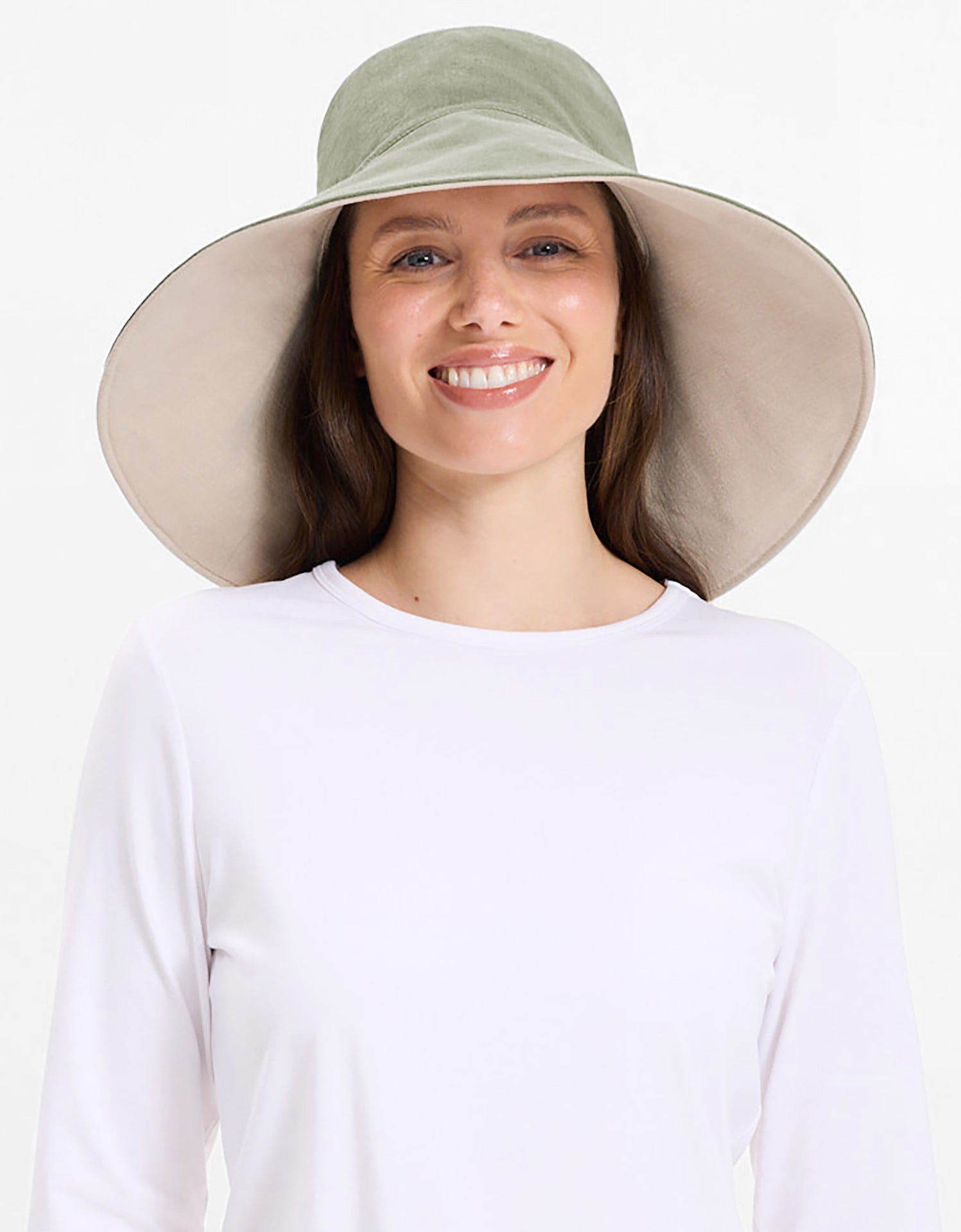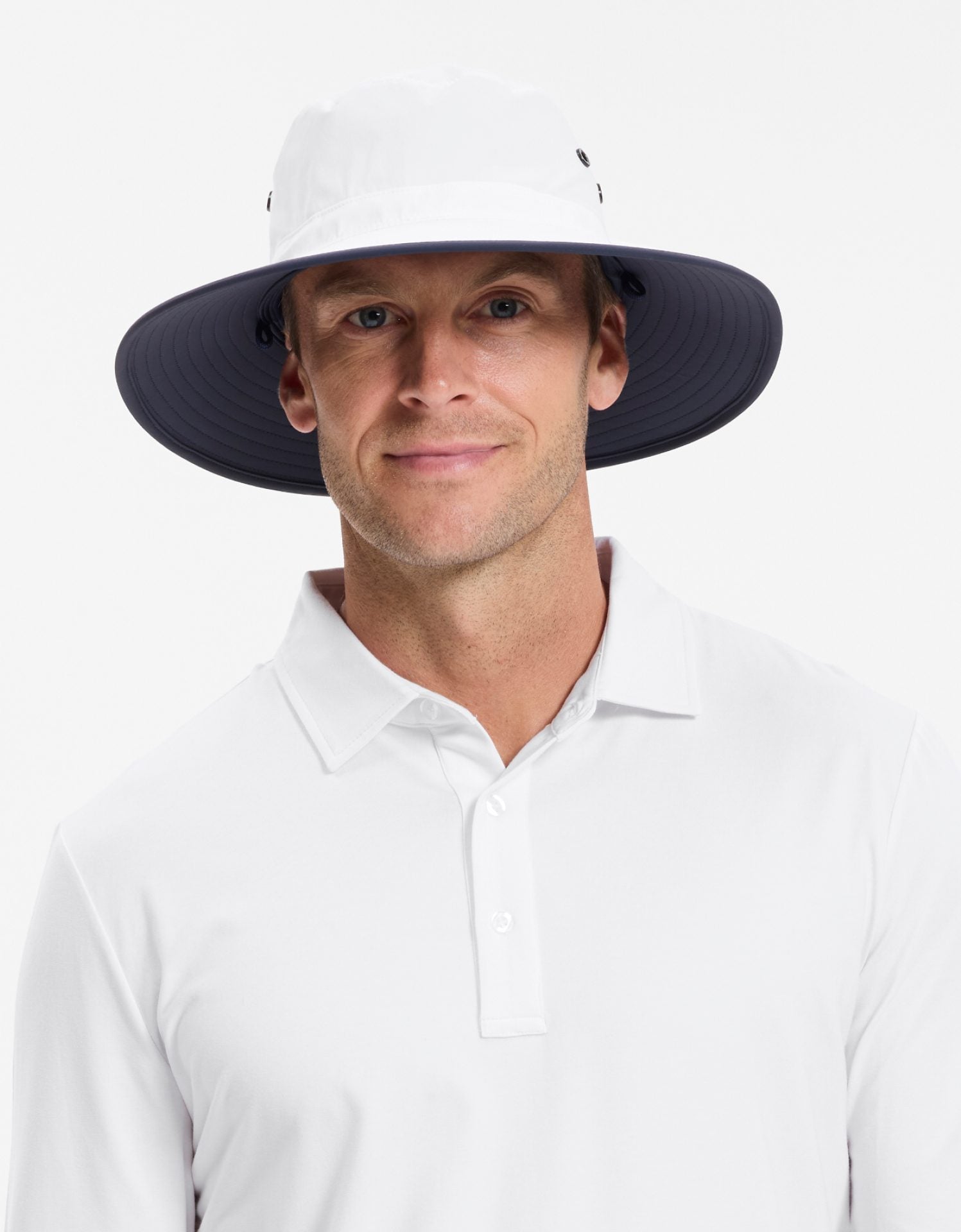We've got you covered with Dr. Jeriel Weitz
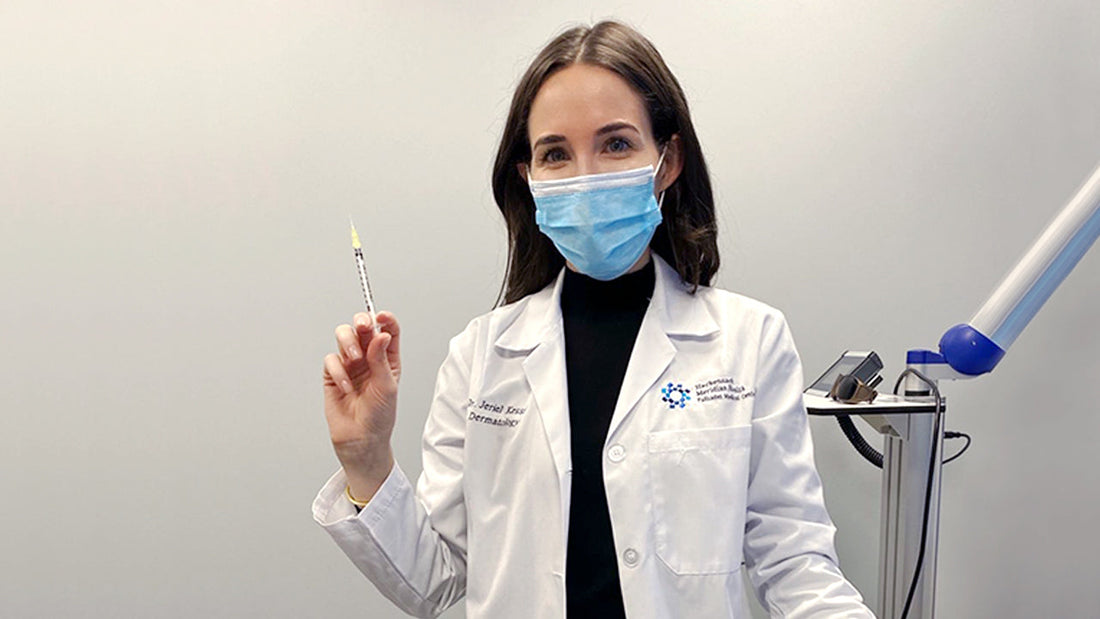
Dr Jeriel Weitz is a dermatologist trained in medical, surgical and cosmetic dermatology based in Florida. Having received her medical degree from Touro College of Osteopathic Medicine, Dr Weitz completed her training in dermatology at Hackensack University Medical Centre, where she served as chief of aesthetics. Utilizing a holistic approach to skin care and aging, we are thrilled to have Dr Weitz join us as part of our “We’ve got you covered” series to learn more about her perspective on skin health and sun safety.
Please Introduce yourself.
I’m Dr Jeriel Weitz, a dermatologist practicing in New York City.
Describe yourself in 3 to 5 words.
Three words I would use to describe myself are compassionate, detail-oriented and self-motivated.
How did you first become interested in dermatology?
I first became interested in dermatology right after college. I moved to New York, and I started working for a Mohs surgeon in the city. I immediately fell in love with dermatology. I love the medical aspect of it as well as the cosmetic and surgical aspect, and then I started medical school the next year determined to become a dermatologist.
Why do you think skin cancer rates are increasing?
I think skin cancer rates are increasing because dermatologists have become better at detecting skin cancer, especially early skin cancers during screening exams. I also think that our tools are better at detecting skin cancer now. For example, whenever I perform a skin cancer screening on a patient, I always use a tool called a dermatoscope, and what that allows me to do is visualize structures under the surface of the skin that typically would be not visible to the naked eye. So, understanding the different patterns and how skin cancer presents under the dermatoscope allows for better accuracy in diagnosis as well as earlier detection.
How do you include sun safety practices in your daily routine?
Every morning when I wake up, my last step of my morning skin care routine is always to apply a broad-spectrum sunscreen, typically SPF50+, but I recommend any broad-spectrum sunscreen 30 or higher. If I’m going to be spending a lot of time outdoors, I love UPF clothing and I recommend it for anyone who’s not diligent about reapplying sunscreen every two to three hours. If I’m going to be outside, you’ll also see me in a wide brim hat and sunglasses. If I’m spending time at the pool or the beach, I always try to seek shade. You’ll find me sitting under a large umbrella in a shady area.
What recommendations do you make to your patients who want to be proactive in protecting their skin from UV overexposure?
I would recommend what I do myself: like I said, using a broad-spectrum sunscreen, SPF30 or higher and reapplying every two to three hours as well as wearing UPF clothing, especially a wide brim hat in addition to sunglasses. Another thing that I recommend for patients that are really trying to be safe is to monitor the UV index. So, there’s a lot of apps that do this, even different weather channels offer this, but basically you want to try and avoid peak UV hours where the sun rays are really at their strongest, and typically these hours are between 10am to 3pm. So, if you’re going to be spending time outside, it’s safer to do it either early in the morning or a little bit later in the evening to make sure you’re not within those strong rays.
What are your top five tips that promote sun safety and overall skin health?
My top five tips that promote sun safety and overall skin health would be to make sure you’re using a broad-spectrum sunscreen SPF30 or higher every day, and to make sure you’re reapplying every two to three hours. I also recommend wearing a wide brim hat, ideally it should be bigger than four inches around the whole circumference of your head, and you want to make sure that the material is something that’s tightly woven so that it won’t allow the sun to peak through any holes. I also recommend wearing sunglasses in order to protect your eyes and the delicate skin that is around your eyes. In addition, I love wearing the Solbari UPF50+ driving gloves and I always make sure I keep a pair of those in my car to protect the skin on my hands. Lastly, I would just say that it’s really important to make sure that you visit your dermatologist at least once a year to have a yearly skin cancer screening, and they are really the best people to help you develop the correct skin care regimen based on your skin type.
The Solbari Team thanks Dr Jeriel Weitz for her contribution to Solbari's "We've got you covered Series". Dr Jeriel Weitz can be reached at Schweiger Dermatology https://www.schweigerderm.com/ 110 E 55th St 13th, 14th and 19th floor New York, NY 10022.
You can find out more about Solbari’s certified UPF50+ sun protective range by clicking the links below:
Women UPF 50+
Men UPF 50+
Sun Hats UPF 50+
Accessories UPF 50+
SPF 50+ Sunscreen
